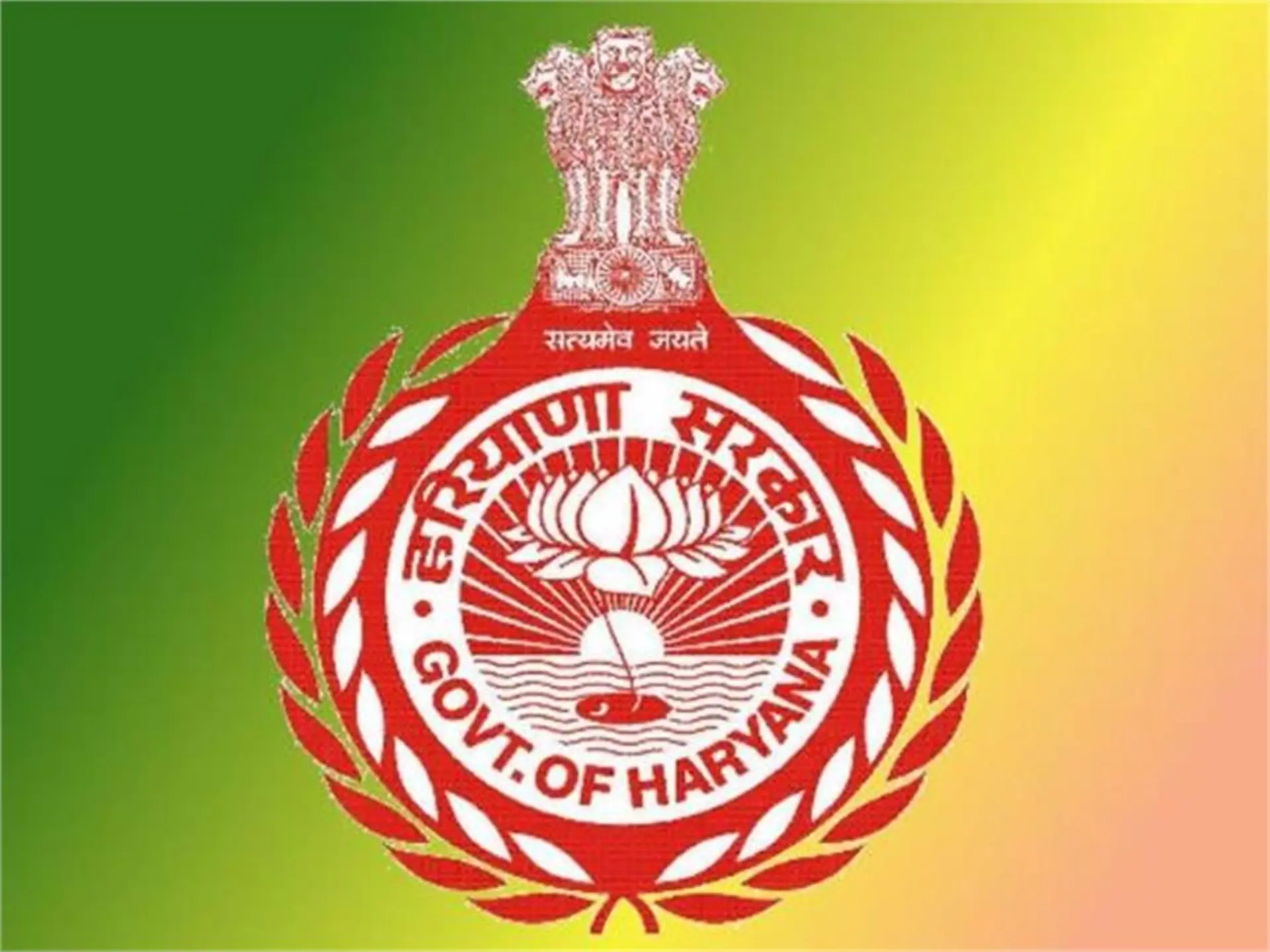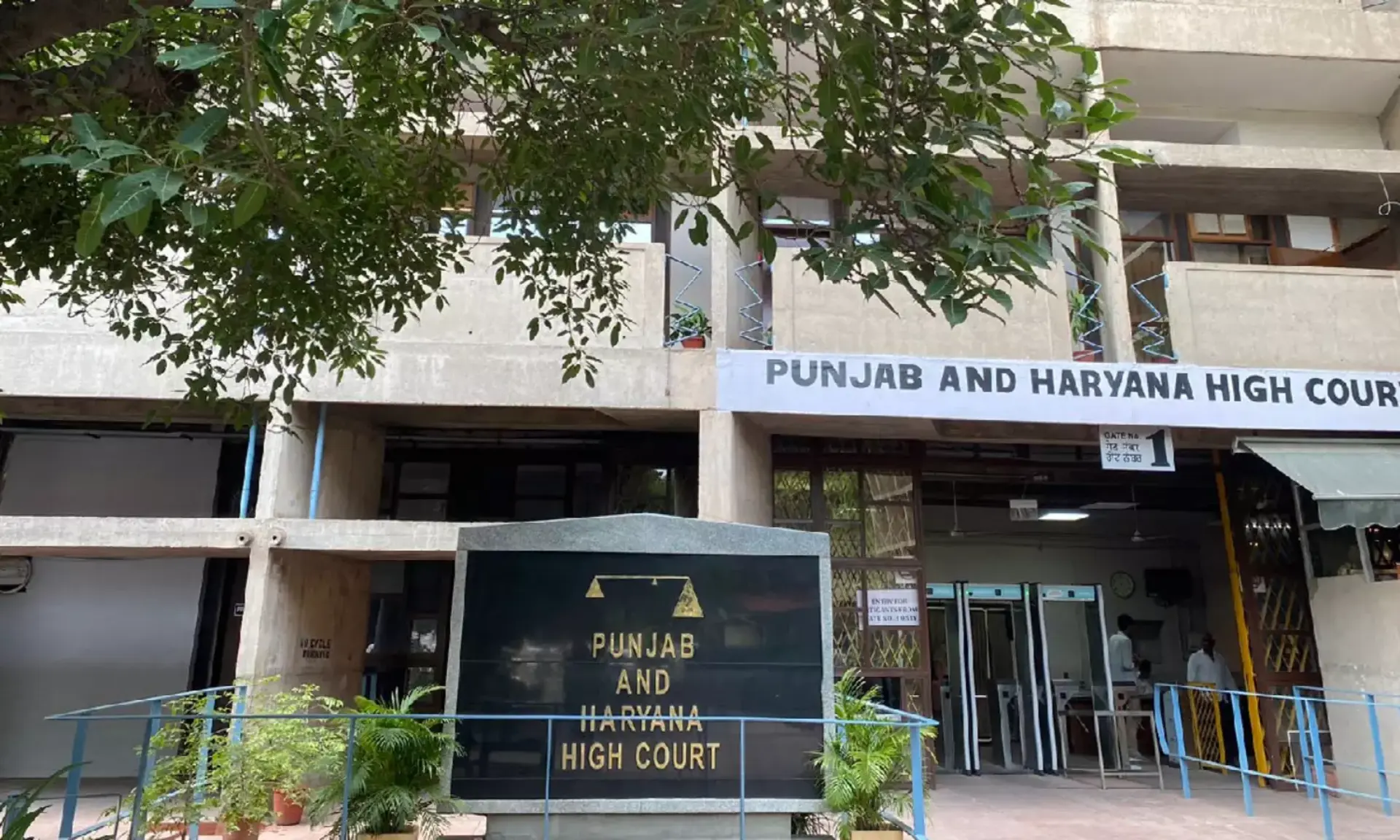
In a significant blow to the Haryana government's employment policy, the Supreme Court on Monday dismissed the state's appeal against a Punjab and Haryana High Court order that had quashed its controversial bonus marks scheme. The policy, which granted an additional 5% marks to Haryana residents in government job recruitment exams, was deemed unconstitutional by both courts.
A vacation bench consisting of Justice Abhay S Oka and Justice Rajesh Bindal didn't mince words as they termed the policy a "populist measure." The judges questioned how the state could defend giving extra marks to some candidates simply based on residency, potentially pushing them ahead of equally or more qualified applicants from other states.
The Haryana government, represented by Attorney General R Venkataramani, argued that the policy aimed to provide opportunities to those deprived of public employment security. However, this justification failed to sway the Supreme Court, which found "absolutely no error" in the High Court's judgment.
The controversial policy, implemented in May 2022, affected a whopping 401 job categories across 63 groups for which the Common Eligibility Test (CET) was conducted. It allowed Haryana residents who met certain socio-economic criteria to receive a 5% bonus on their total CET score. The High Court's May 31 order had not only struck down this policy but also quashed the CET results declared on January 10, 2023, and subsequent results from July 25, 2023. It directed the preparation of a fresh merit list based solely on candidates' CET marks, without the bonus.
This Supreme Court decision has far-reaching implications for thousands of job aspirants in Haryana. Many who thought they had secured government positions may now find themselves out of the running, while others who were previously excluded might have a second chance. The court's ruling emphasizes the principle of merit-based selection and equal opportunity for all candidates, regardless of their state of residence. It highlights the fine line governments must walk between addressing local concerns and maintaining constitutional principles of equality and fairness in public employment.
Critics of the policy, including the High Court, pointed out that the state government had conducted the entire selection process in a "wholly slipshod manner." They noted that the bonus marks scheme wasn't based on any rules framed under the Constitution and that no data was collected to justify the socio-economic criteria used.
As the dust settles on this legal battle, the Haryana government faces the challenging task of redoing its recruitment process for hundreds of positions. This will likely cause significant delays in filling vacant government posts and may lead to further legal challenges from affected candidates.
The case serves as a reminder to state governments across India about the complexities of implementing local preference policies in public employment. It underscores the need for well-thought-out, constitutionally sound policies that balance local interests with the fundamental right to equality of opportunity in matters of public employment.















